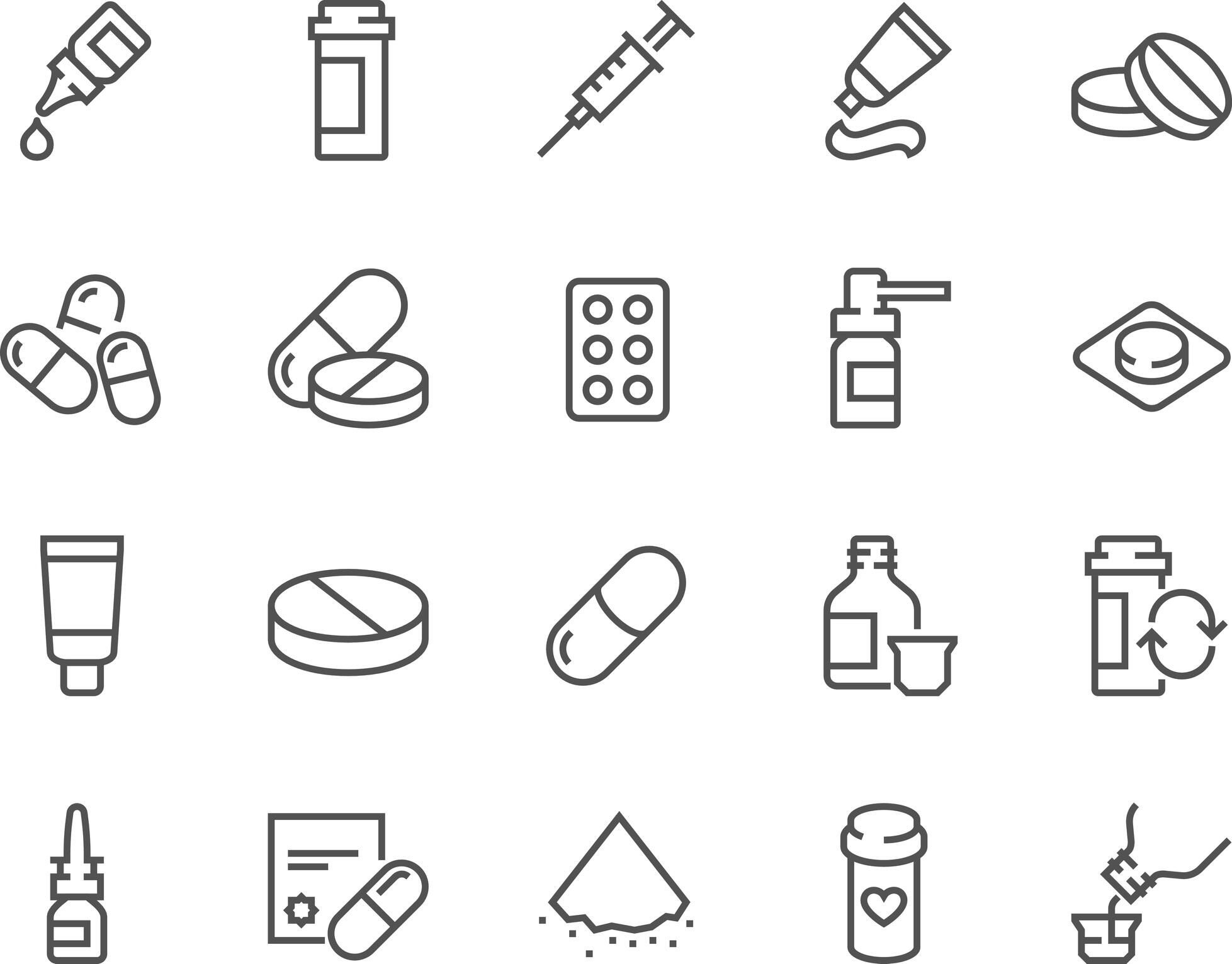
Today I read an article in The Atlantic describing how Donald Trump has spent nearly a billion dollars on his re-election campaign. Nearly a billion dollars. To put this into perspective, this is more than 17 times the USA’s annual contribution to the WHO. This chap considers his election campaign to be more than 17 times more important than the work of the WHO. This should not be a surprise as on the 29th of May this year, Trump announced his intention to end America’s relationship with the WHO. Now this is a much bigger problem than when your MAGA cap is on inside out. The USA is the single biggest governmental funder of the WHO and its contributions make up roughly 15% of its annual budget.
At any time, this would be a significant blow to the global health community but in the current covid climate it feels like cruelty. Putting it bluntly, we need even the pennies down the back of your sofa to help fight the pandemic. Before you sit down from searching under the cushions however, have a rummage around the armchair as well because malaria needs it. TB and HIV too actually. A modelling study publishing in the Lancet in July reported that “in high-burden settings, deaths due to HIV, tuberculosis and malaria over 5 years could increase by up to 10%, 20% and 36% respectively” as a result of covid-19. The authors highlight interruptions to antiretroviral therapy, delays in TB diagnosis and treatment, and disruptions in net distributions as the largest responsible factors.
The big three of infectious diseases are not alone in their unwelcome come back. According to predictions by the United Nations Population Fund, as a result of the pandemic 7 million unwanted pregnancies will now have occurred as women in low- and middle-income countries are unable to access modern contraception. The UNFPA also expects an extra 15 million cases of gender-based violence to occur every 3 months due covid-19, and 2 million additional case of female-genital mutilation to occur over the next decade. The effects of cumulative disadvantage have never been felt so acutely.
Cooperation on a global scale is surely fundamental to climbing this increasingly leaning tower of morbidity and mortality. Sadly this, at least politically, is in short supply. From Trump in America to Brexit Britain, it feels as though we are all elbowing each other out the way to win the coveted prize of most insular nation. So where do we go from here? Perhaps it is within this tendency to divide the world into “us” and “them” that the answer can be found.
Research from the field of psychology tells us that we form a social identify based on the groups we belong to which we strongly identify with (1). As a result, we are more likely to see people within our group as more homogenous, and in turn more different compared to our opposite group (1,2). This accentuation effect is what helps me think that people on the DTM&M are, for example, all much alike, whilst the masters students are all very different and so I’m right to think them hogging the social room at lunch time is despicable.
I can’t help but wonder, however, what would happen if I broadened out my ingroup to include students of LSTM as a whole? In that case the masters students are just chums I have yet to meet and quite entitled to the social room. If we apply this on an international scale, then the prospect becomes not giving away valuable UK resources to another unknown country, but rather helping out a friend in need. If each of us was to expand our circle of concern we may just be able to cause a seismic shift in perception and find new ways to share the privilege geography of birth has given us (3). Recognising our commonalities might just be what saves us.
(1) Tajfel, H., and Turner, J. C. (2004). The Social Identity Theory of Intergroup Behavior. In J. T. Jost and J. Sidanius (Eds.), Key readings in social psychology. Political psychology: Psychology Press.
(2) Tajfel, H., and Wilkes, A.L. (1963). Classification and quantitative judgment. British Journal of Psychology, 54, 101–114.
(3) Singer, P. (1981) The Expanding Circle: Ethics and Sociobiology. Farrar Straus and Giroux.